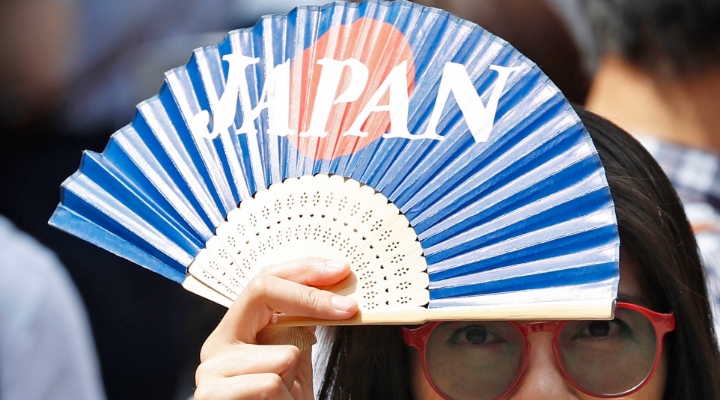
The Japanese market isn’t exactly shining, but, according to analysts with positions in the market, investments could pay off in the future.
Since the beginning of the year, the Morningstar Japan index lost 5.6% (in EUR as of 27 August 2022), a performance in line with other developed markets (as showed by the Morningstar Developed Markets index). That said, Japan is in a very different political and economic position to Europe and the US.
Looking at the main contributors to the Morningstar Japan index’s performance since the beginning of the year, we note that technology and industrials have been the leading detractors. Technology is been among the worst performing sectors in the first half of 2022, while manufacturing stocks suffered the combined effect of an increase of commodity prices and yen weakness against the dollar.
Together, these two factors have squeezed the profit margins of the companies generating the majority of sales in the domestic market, which source overseas and cannot transfer price increases to consumers.
Beside energy and utility, which are capitalising on strong oil and energy price growth, finance and communication services are the two sectors that have supported the performance of the Japanese market. Mitsubishi UFJ Financial Group, the largest Japanese bank, and KDDI, active in the mobile and pay-tv industries together account for about 3% of the market capitalisation of the Japan index. From year-end to August 26 in EUR, they were up 13% and 22.6%, respectively.
If the performance of the Japanese stock market has been pretty much in line with that of developed markets, analysts think there are elements that could work in its favor in the months to come.
“Partly as a result of the assassination of former Japanese Prime Minister Shinzo Abe on 8 July, Liberal Democratic Party (LDP) gained a dominant number of seats with a landslide win in the Upper House parliamentary election on 10 July,” analysts at Lazard say in their latest outlook.
“The LDP victory suggests a potential for increased progress on two of Abe’s long-held goals. First, the restarting of nuclear power facilities that stalled following the Fukushima nuclear disaster in 2011.
“Second, the election results increase the chances that the government will move forward on revising Japan’s constitution, which could lead to increased defense spending. Beyond this, there is also the strengthening of the economic reforms implemented by the previous government (Abenomics), which have produced an improvement in the operating margins and return on capital of Japanese companies and have made corporations much more sensitive to the creation of shareholder value, with dividends and share buybacks reaching record levels.”
The second factor that plays in the favour of Japanese companies is the depreciation of the country’s national currency. The Japanese exchange rate (vs USD) is at its lowest since July 1998 and this is a positive factor for the growth of corporate profits.
According to a survey conducted by Bloomberg at the end of May, the companies listed on the Tokyo exchange have assumed an exchange rate of 120 yen per USD in their guidance at the end of 2022, suggesting the possibility of higher-than-expected operating profits.
Together with these political and economic considerations, there’s a third element that could be interesting for investors: the Japanese stock market is trading around at around a 20% discount to its fair value, a bigger gap than its US and many European counterparts.
Some analysts are perplexed about the Bank of Japan, however.
“Unlike the Federal Reserve, the Central Bank of Japan retained its aggressive monetary easing policy, which include a proactive purchase of government bonds in order to keep yields at very low levels,” says says Olivier de Berranger, chief investment officer at La Financière de l'Echiquier.
“Now, however, the Bank of Japan is facing a crossroads: to continue on this path, risking to see inflation rise, or to raise interest rates with the risk that this will negatively impact on economic growth. The level of inflation in Japan is below 3%, however this type of inflation, which is largely attributable to rising energy and agricultural commodity prices, cannot be considered healthy as it is neither the result of strong growth nor domestic demand.
“Beyond this, there is also the depreciation of the currency. If the yen exchange rate remained at these levels, it could generate an increase in inflation and at the same time slow down the Japanese economy, which is struggling to return to pre-Covid levels.”






























